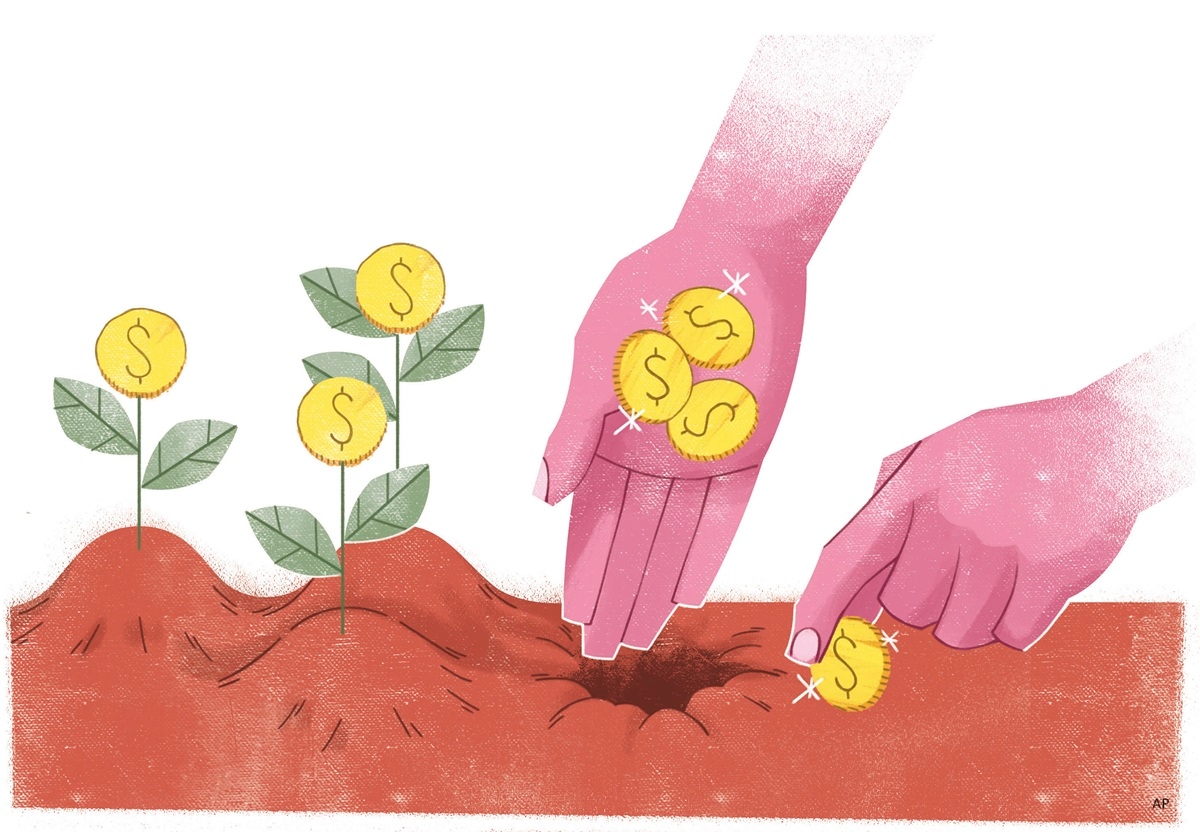A new school year has started, bringing with it the usual act of juggling academic work and social life, not to mention the most challenging part of the performance: figuring out how to pay for it all.
This last aspect is particularly difficult with tuition at an all-time high; according to Statistics Canada the average undergraduate student paid $5,772 in tuition fees for the 2013/2014 school year, compared to $5,586 in the previous year. Unfortunately, there's no end in sight for the climbing cost of tuition.
Hence, it's time for students to take control of their finances, and the first step in doing that is becoming more knowledgeable. Melissa Jarman, director of student banking at RBC, says there's a lot of work that needs to be done to improve financial knowledge.
A recent RBC poll on student finances revealed that credit is an area where students and their parents are both lacking knowledge in. In fact, 99% of parents and 94% of students know that it is important to maintain a good credit rating, but most don't understand how to do that.
"This didn't come as a surprise to me because there are a lot of misconceptions surrounding credit. And today students are getting credit cards at 18, so if their parents are misinformed they likely will be too," says Jarman.
"With credit it's essential to understand the basics because bad credit will limit access to future lending facilities," says Jarman. For example, if you have bad credit you may not be able to buy a car, rent an apartment or buy a house.
Here are the basics on credit to help get you started:
A Credit report is a summary of your credit history. If you have ever had a credit card, taken out a loan or signed a wireless phone contract, you have a credit history. Your credit report is created the first time you borrow money or apply for credit. It contains personal information like your social insurance number or public information like bankruptcy. The real goodies in the report that future lenders want to know are the details of your previous borrowing experience, such as balances remaining, payment history and credit limit.
Your credit report contains a credit score, which is a three-digit number that ranges from 300 to 900 points, with 900 points being the best score. The credit score is determined using a mathematical formula based on five factors: payment history, amount owed, credit history, credit applications and types of credit. You lose points for items that reveal that you have difficulty managing credit and you obtain points for items that reveal that you can handle credit. Payment history is the most important factor because lenders want to know whether or not you pay your bills on time, so always try to meet the payment deadline even if it seems insignificant. Types of credit is the least important factor. Lenders want to see that you can handle multiple types of accounts, but it's so minor that it's not worth opening up more accounts to show that you can handle it.
To guesstimate your credit score, use this free tool. Your credit score fluctuates over your lifetime as your financial situation changes, so you can always try to improve it.
If you want to get your hands on your actual credit report that contains your credit score, it is done through Canada's two credit reporting agencies: Equifax Canada and TransUnion Canada. From the moment your credit history is created, lenders like banks, credit card companies and some retailers send these two agencies all of your information on a regular basis. These two agencies have everything regarding your credit history -- there are no secrets here.
To get the report you go to either website and enter your general personal information like name and address as well as your social insurance number, and you'll receive the report within 24 hours.
Moreover, the report itself is fairly cheap. TransUnion Canada charges $14.95 for the credit report plus an additional $7.95 for the credit score, whereas Equifax Canada offers both for $23.95.
If you're still looking for more information on credit, the federal government has a publication called Understanding your credit report and credit score, which is a great source. It goes into explicit detail about ratings and scores; it also has an unmatched FAQ section.
Jarman says credit is not something to be scared of and to remember that you can always correct it.
If your credit score isn't great, the most important thing to do is to become knowledgeable about the topic. "This is important so that you understand the impact of what you've been doing; from there you can correct it."
In an upcoming article, I will discuss how you can improve your credit rating.







:quality(80)/cloudfront-us-east-1.images.arcpublishing.com/morningstar/ZHTKX3QAYCHPXKWRA6SEOUGCK4.png)
:quality(80)/cloudfront-us-east-1.images.arcpublishing.com/morningstar/MNPB4CP64NCNLA3MTELE3ISLRY.jpg)










